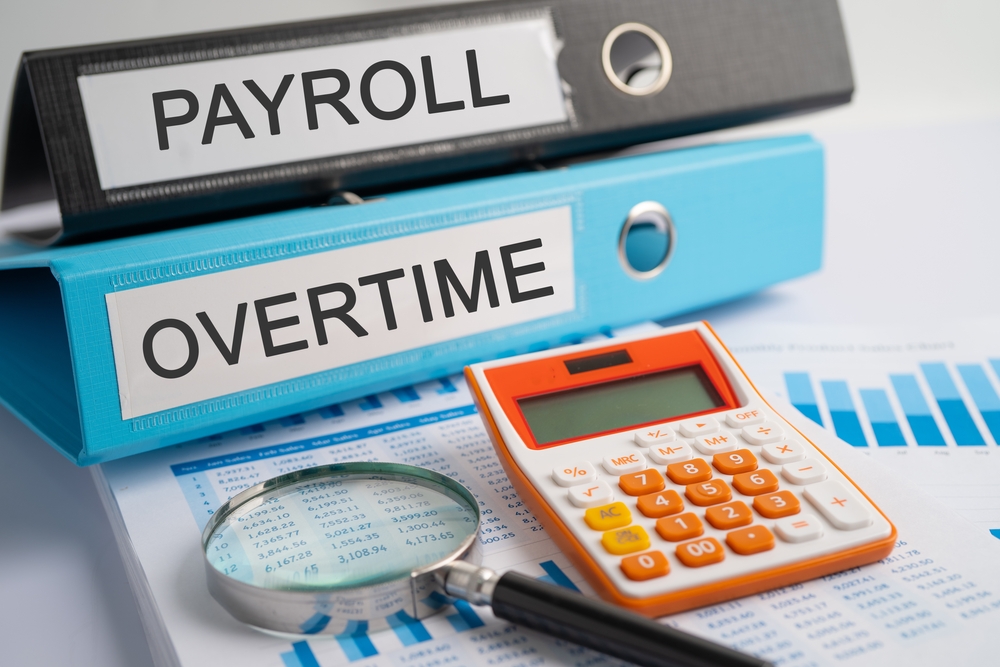On June 14, the U.S. Supreme Court agreed to decide an important Fair Labor Standards Act (FLSA) question—namely, whether an employer claiming an exemption from overtime needs to prove it by “clear and convincing” evidence (a very high standard) or by a preponderance of the evidence (a lower, easier standard to meet). The decision is important. If the standard is clear and convincing evidence, then employers will find it much more difficult to establish an exemption and will end up paying overtime to many more employees. Read on.
Numbers Don’t Lie
The FLSA covers most of the U.S. workforce—a massive reach of over 140 million workers. Unsurprisingly, FLSA cases account for a substantial amount of litigation.
In 2022, FLSA cases accounted for 45% of all new labor cases. The FLSA’s 34 exemptions from minimum wage and overtime requirements are the usual means by which employers defend these claims.
How Did We Get Here?
Before 2023, six U.S. circuit courts of appeal—including our very own 5th Circuit—followed the “preponderance of the evidence” test. Then the 4th Circuit (which covers Maryland, North Carolina, South Carolina, Virginia, and West Virginia) decided to go rogue and went with the “clear and convincing” standard.
The case involved the outside sales rep exemption, in which an employee visits stores and outlets and sells the employer’s products to them. The trial involved conflicting testimony on whether the employees’ primary duty was to sell and whether sales—the give and take of negotiating a deal—was within their purview. Because testimony that conflicts can never be “clear and convincing,” the exemption was not proven, and overtime must be paid. E.M.D. Sales, Inc. et al v. Carrera et al.
Bottom Line
I don’t think the Supreme Court will upend settled law by embracing “clear and convincing.” If it did, then the exemptions so often relied upon by so many employers would vanish. That way is too radical. But stay tuned. We will have an answer by late 2024 or early 2025.
Michael P. Maslanka is a professor at the UNT-Dallas College of Law. You can reach him at michael.maslanka@unt-dallas.edu.

